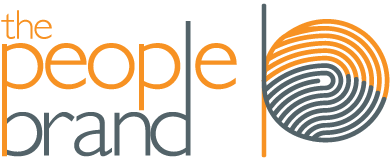 A recent HBR article discusses how leaders have to show they trust employees in order for employees to trust them.
A recent HBR article discusses how leaders have to show they trust employees in order for employees to trust them.
It’s a very good article that gives sound advice. One point in particular stuck out to me.
Managers often lack the self-awareness required to realize that their own actions may communicate a lack of trust.
In my experience, this is dead-on. Later, the article asks questions to assess whether managers communicate trust. Here are a few examples:
- Do I show my employees that I feel confident in their skills?
- Do I show my employees that I care about their welfare?
- Do I show my employees that I think they are capable of performing their jobs?
These are good questions to be asking, but what if the manager is completely lacking self-awareness? They may believe they do all of these things.
A Wharton interview with organizational psychologist Tasha Eurich highlights a primary way leaders can develop self-awareness and build trust with their teams.
One surprising characteristic of self-aware leaders is humility. One of the ways to build trust with your team is to be vulnerable and not give the impression that you’re perfect, to engage them with questions that rely on their expertise and leverage that.
Without humility, a leader runs the risk of becoming the emperor with no clothes.
You won’t see yourself clearly, and others won’t feel comfortable telling you the truth. So, what can you do?
- 360 Degree Assessments
These assessments are typically anonymous and include feedback from managers, peers and direct reports. The anonymity helps you obtain more honest feedback. It’s also fairly comprehensive because of the different levels of individuals surveyed. - Understand Your Personality
Using a personality index like Meyers Briggs, DISC, Birkman or the Enneagram can provide insight into your strengths and weaknesses. Eurich warns not to go too deep with this kind of personal analysis, but to go wide instead. With a basic understanding of your personality’s tendencies, you can start to see patterns of behavior. - Listen to Two Kinds of People
It’s been said that two types of people will give you truly honest feedback: those who love you, and those who hate you. Listen to both. Pay attention to individuals who are close to you. They probably do not feel threatened and will be honest if you ask them to give the brutal truth. But don’t ignore the haters completely. This doesn’t mean meditating on hateful comments from social media or anonymous sources. But remain open to criticism direct reports give during exit interviews, and don’t automatically discount that coworker who rubs you the wrong way. Don’t accept the hate, but look for the patterns as Eurich recommended.
